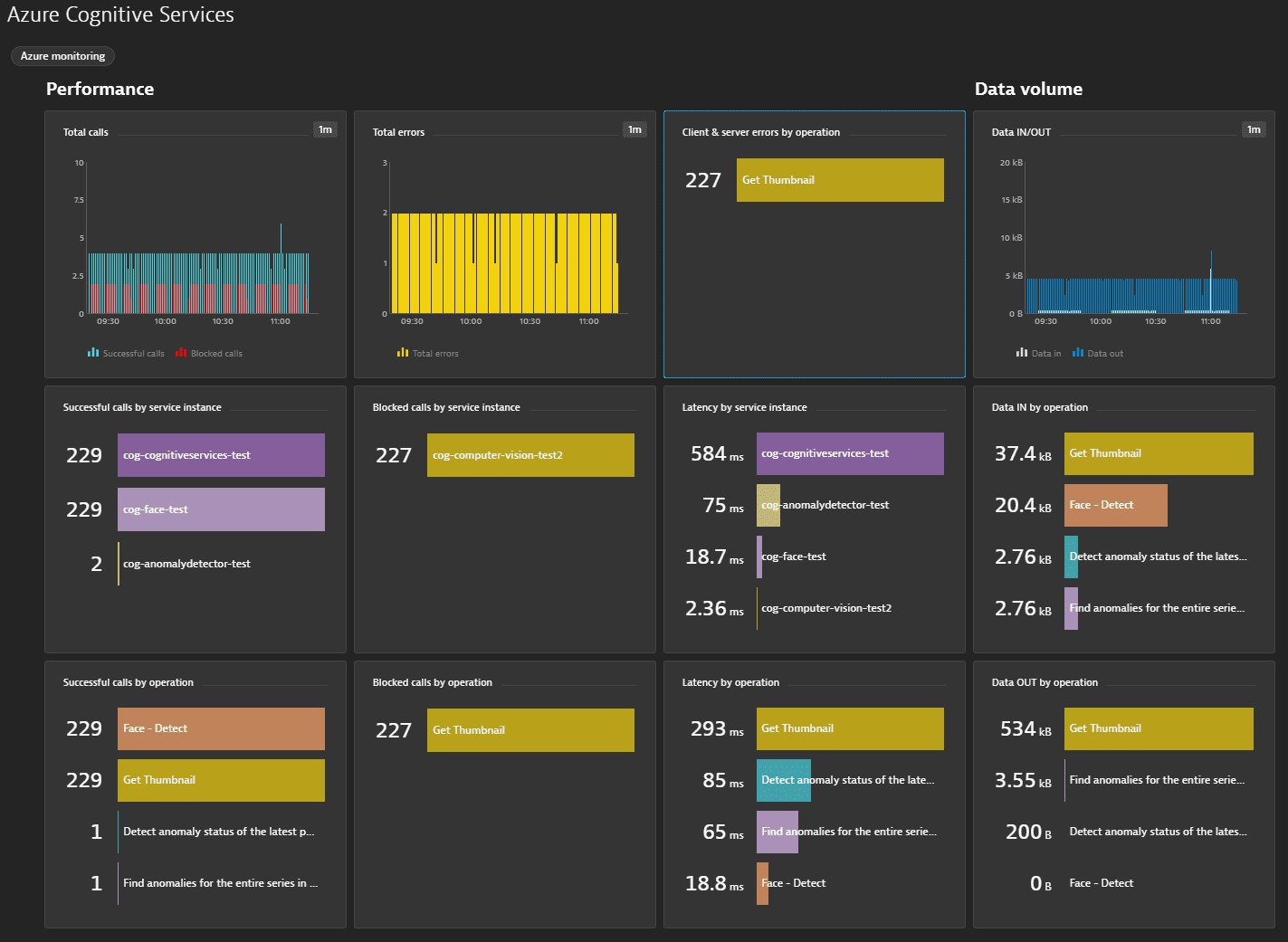
Microsoft Azure Speech Services: Complete Buyer's Guide
Transforming voice content at scale
Microsoft Azure Speech Services is Microsoft's enterprise-grade AI speech platform that transforms how marketing and advertising teams handle voice content at scale. The service delivers speech-to-text, text-to-speech, and speech translation capabilities through cloud APIs, with documented success in large-scale enterprise deployments across regulated industries[110][112][117].
Market Position & Maturity
Market Standing
Microsoft Azure Speech Services holds a significant position within the enterprise AI speech market, competing primarily with Google Cloud Speech and Amazon Polly in the segment where cloud providers control 42% of market share[3][7].
Company Maturity
Microsoft's position as an established technology leader with substantial resources for ongoing AI research and development.
Growth Trajectory
Ongoing technology advancement with recent innovations including HD voices with enhanced emotional range[116] and Fast Transcription API capabilities[116].
Industry Recognition
SOC 2 compliance certification[112] and validation through documented customer implementations across multiple industries.
Strategic Partnerships
Strategic partnerships within the Microsoft ecosystem create deployment advantages for existing Azure customers[112][114].
Longevity Assessment
Strong indicators for continued operation and development, backed by Microsoft's substantial resources and strategic commitment to AI technologies.
Proof of Capabilities
Customer Evidence
Coca-Cola successfully deployed custom Santa voice models for global holiday campaigns[124].
Quantified Outcomes
75% reduction in voiceover budgets for explainer videos reported by healthcare organizations[121][126].
Case Study Analysis
Laerdal Medical achieved significant time reduction in voice production for medical training simulations using Neural TTS technology[127].
Market Validation
Consistent positive feedback for integration capabilities within Microsoft ecosystem[112][114].
Competitive Wins
Documented success in large-scale enterprise deployments[110][127].
Reference Customers
Healthcare, consumer goods, and medical training industries.
AI Technology
Multi-layered neural architecture combining deep learning models for speech recognition, synthesis, and translation capabilities.
Architecture
Cloud-native APIs with container support for on-premises deployment[112].
Primary Competitors
Google Cloud Speech and Amazon Polly.
Competitive Advantages
Enterprise integration capabilities within the Microsoft ecosystem[112][114].
Market Positioning
Comprehensive platform solution rather than a specialized voice optimization tool.
Win/Loss Scenarios
Wins when enterprise compliance, system integration, and existing Azure investment are primary decision factors.
Key Features

Pros & Cons
Use Cases
Integrations
Pricing
Featured In Articles
Comprehensive analysis of AI Voiceover Tools for AI Marketing & Advertising for AI Marketing & Advertising professionals. Expert evaluation of features, pricing, and implementation.
How We Researched This Guide
About This Guide: This comprehensive analysis is based on extensive competitive intelligence and real-world implementation data from leading AI vendors. StayModern updates this guide quarterly to reflect market developments and vendor performance changes.
127+ verified sources per analysis including official documentation, customer reviews, analyst reports, and industry publications.
- • Vendor documentation & whitepapers
- • Customer testimonials & case studies
- • Third-party analyst assessments
- • Industry benchmarking reports
Standardized assessment framework across 8 key dimensions for objective comparison.
- • Technology capabilities & architecture
- • Market position & customer evidence
- • Implementation experience & support
- • Pricing value & competitive position
Research is refreshed every 90 days to capture market changes and new vendor capabilities.
- • New product releases & features
- • Market positioning changes
- • Customer feedback integration
- • Competitive landscape shifts
Every claim is source-linked with direct citations to original materials for verification.
- • Clickable citation links
- • Original source attribution
- • Date stamps for currency
- • Quality score validation
Analysis follows systematic research protocols with consistent evaluation frameworks.
- • Standardized assessment criteria
- • Multi-source verification process
- • Consistent evaluation methodology
- • Quality assurance protocols
Buyer-focused analysis with transparent methodology and factual accuracy commitment.
- • Objective comparative analysis
- • Transparent research methodology
- • Factual accuracy commitment
- • Continuous quality improvement
Quality Commitment: If you find any inaccuracies in our analysis on this page, please contact us at research@staymodern.ai. We're committed to maintaining the highest standards of research integrity and will investigate and correct any issues promptly.